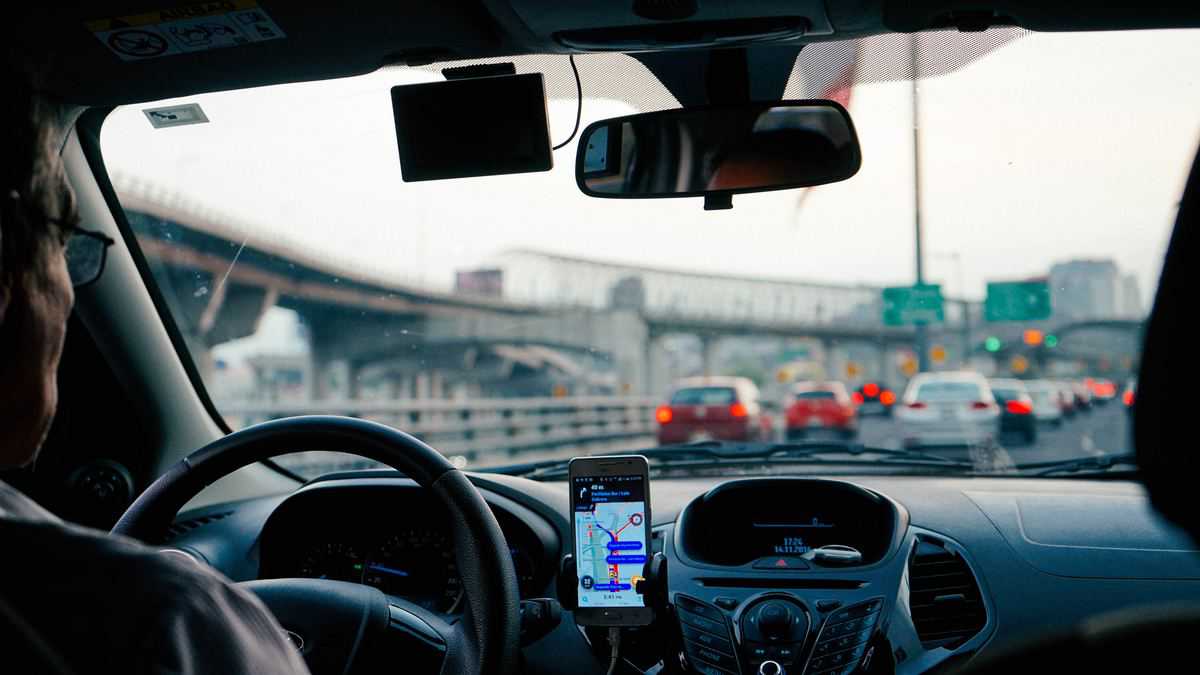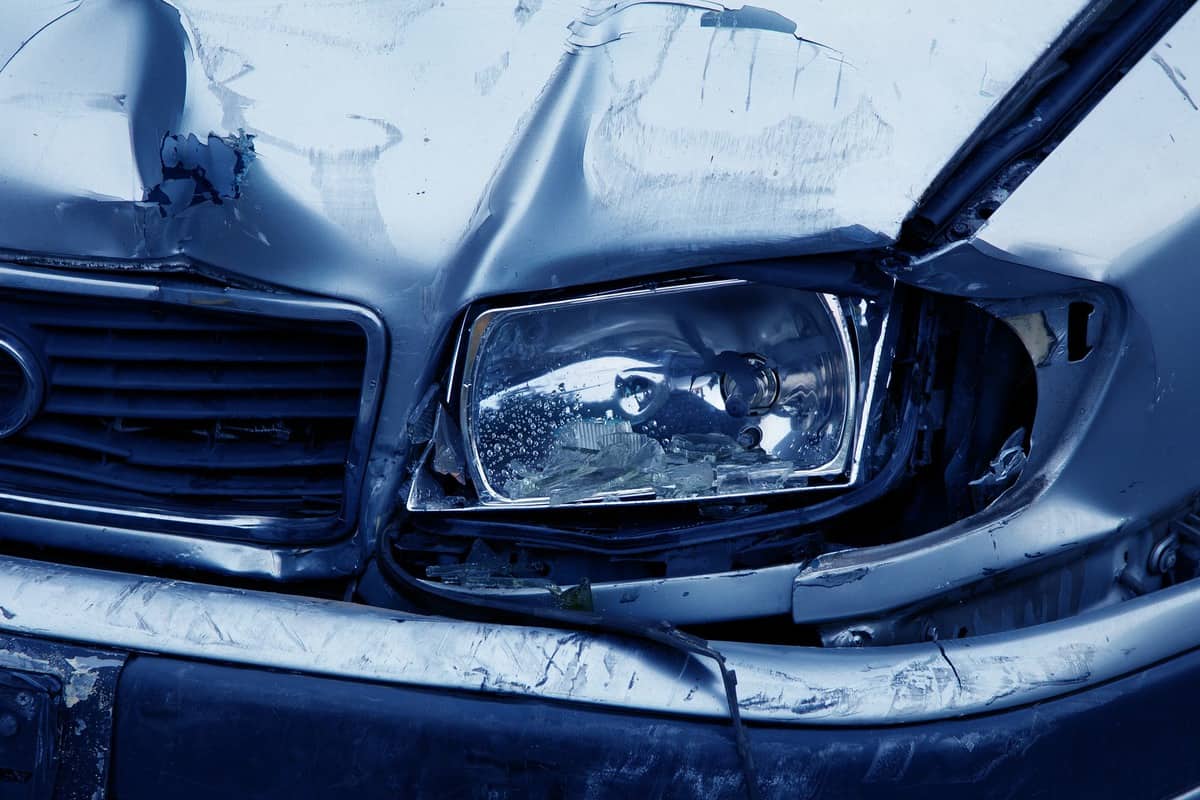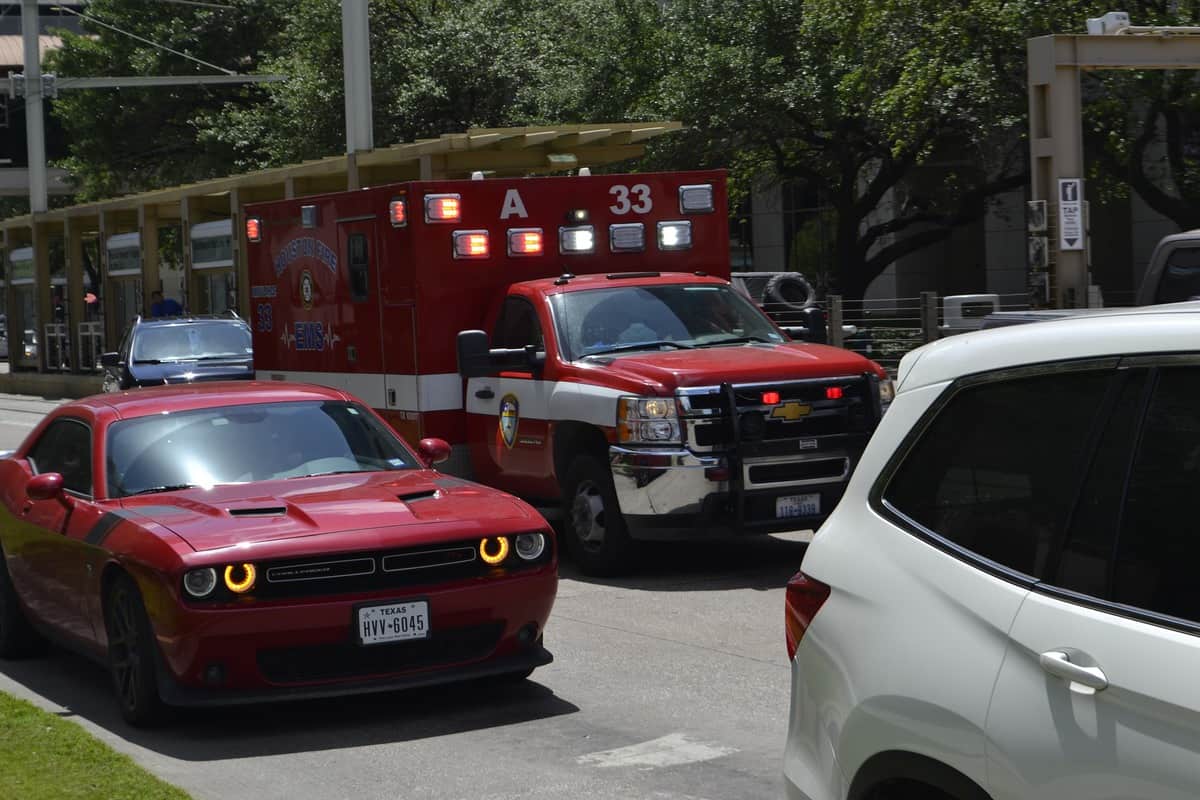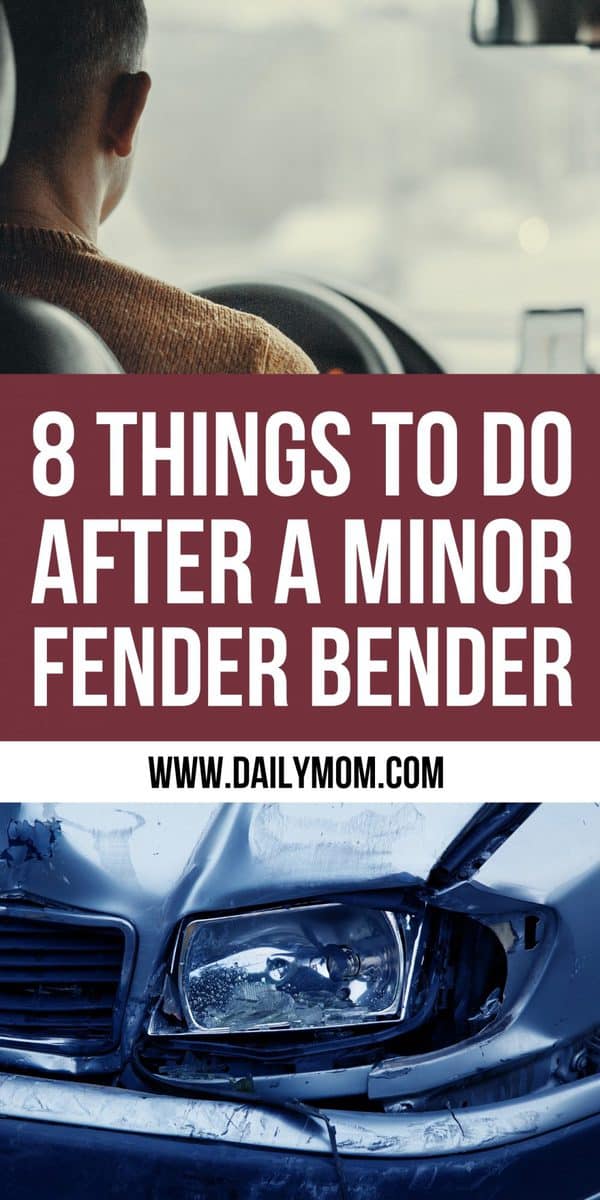At some point in your lifetime you may be involved in a fender bender. As much as we try to avoid them, these little accidents can happen. The first thing you should do following a car accident of any kind is to check yourself and your passengers for any injuries. These mild fender benders usually catch you off guard, leaving you scrambling for your driver’s license, car insurance and registration paperwork.
How Fender Benders Occur

Fender benders usually occur at a low speed and result in minor damage. The majority of these accidents occur when drivers:
- Back out of driveways
- Can’t stop at an intersection because of inclement weather
- Drive unreasonably fast in parking lots at malls, grocery stores, or schools
- Get distracted while putting on makeup, using their cell phones, or making adjustments on their radio
- Are caught in a chain-reaction they have no control over
- Nod off or fall asleep in bumper-to-bumper, rush-hour, or slow-moving traffic
What To Do After a Fender Bender

Because most fender benders are done and over in less than an hour, you want to be sure you gather all the pertinent information that may be needed at a later date when you speak with your insurance agent or even if you have to make a traffic court appearance. If you find yourself in the middle of fender bender, here are 8 key steps you should follow. Jot them down and keep them in your glove compartment so you know what to do when that unexpected fender bender throws you for a curve.
Stay Calm
No doubt your heart will be racing and your palms may start to sweat. Don’t forget to breathe. Take slow, deep breaths. You’ll need to think clearly to ensure you deal with the situation in a calm matter.
Check For Injuries

State Farm Insurance Company statistics indicate approximately 75 percent of all car accidents are non-injury accidents and involve only property damage. Even so, it’s still a good idea to make sure you and your passengers are not injured. Check yourself first and then double check your passengers. Pay close attention to the head, neck, and legs for any signs of injury. If you or your passengers are hurt, call 911 for assistance. Even if there are no apparent injuries right away it still may be a good idea to go to urgent care, such as Urgencyroom.com.
Check Your Surroundings
Depending on where the fender bender occurred, determine whether it’s safe for you to stay where you are or if you need to move your car to the side of the road. Even though your first instinct might be to apologize to the other driver, don’t say you are sorry. At this point you don’t know the other drivers intentions and your apology can be looked at as an admission of guilt.
Call The Police
Even if no one is injured, having a police officer sent to the scene is important. Unfortunately, in most larger cities today, there aren’t enough police available to respond to minor fender benders. Getting a police report of the accident can protect you against fraud and serve as evidence if the other driver falsely claims you were at fault. Even if you only see minor scratches on your car, the actual cost of getting your bumper repaired could be much higher than you anticipate.
Get Insurance Information
Make sure you exchange insurance and contact information with the other driver or drivers. Write down full names, contact info, and the name and telephone number of the insurance company. Remember, no matter who is at fault you will also have to supply your contact information as well. However, never relinquish your driver’s license to the other driver. You don’t want to put yourself in a situation where the driver will not return it to you. Write down a description of the driver’s car and the car’s license plate number as well.
Take Photographs and Videos
If you have a smartphone, use the camera to take photographs or the video feature to document the scene and the point of impact. Take photos and gather witnesses. It can be helpful to take photos of the damage, especially if you know you were not at fault and want to prove it. If you can find eyewitnesses, collect their contact information to give to the police and to your insurance company.
Call Your Insurance Agent
No matter who is at fault, call your insurance company as soon as possible. Even someone who appears unhurt may sue you. You do not want your insurance carrier at a disadvantage and caught off guard. It is important that you get the insurance claims process going promptly to avoid any additional hassle.
Monitor Yourself Closely
According to Consumer Reports, adrenaline can mask symptoms of a more serious injury. Keep a close eye on yourself and your passengers in the days following the fender bender. Examine your body in a full-length mirror and watch out for any soft-tissue damage that can take a day or two to show up. If you have any pain or dizziness, see your doctor.
[td_smart_list_end]
Being in a fender bender can be a stressful event. However, knowing what steps to take following a minor collision can help you handle the process with ease.
WANT TO READ MORE?
Check out 5 Ways to Save Big on Car Insurance.

Sources: Consumer Reports, National Traffic Safety Administration (NHTSA), State Farm
Photo Credit: Unsplash, Pixabay







































